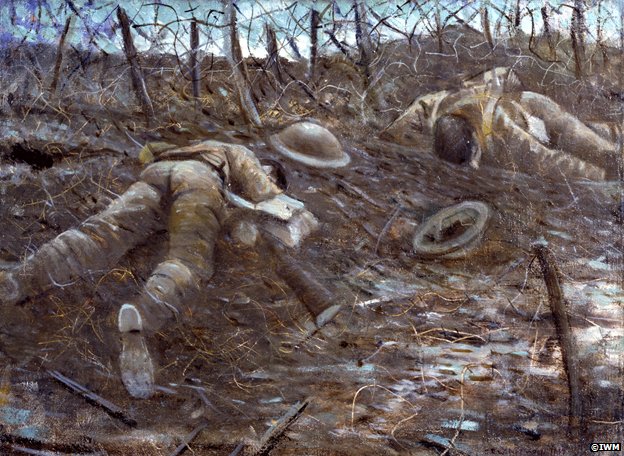I’m very sorry to learn that Sir Humphrey will no longer be updating his well-written and informative blog on British (and allied) military affairs:
I started this blog in late 2011 as a response to the levels of debate which surrounded many issues impacting on Defence and wider UK security policy. I felt a keen frustration that all too often the debate quickly descended into poor reporting, tired clichés (e.g. more admirals than ships) and a general sense that the UK was a declining nation with good armed forces who were being betrayed by the MOD.
In starting it I wanted to try to address some of these myths, try to put across an alternate viewpoint and suggest that actually the UK remains a relatively influential nation with capable armed forces and that there is often very logical reasons why things have been done as they are. In other words, I wanted to put across that it is possible to be very positive about Defence in the UK and that there is a remarkably good story to tell. In the intervening two and a half years, nearly 200 articles, over 2600 comments and over 650,000 page hits later, I feel that hopefully some of this has been achieved.
That said, I’ve now reached a point where the decision has been made to close down this blog. There are several reasons why I feel this is the right time to do this: Firstly, from a career perspective, it is increasingly difficult to balance holding down busy jobs as both a civilian and a reservist, and be able to comment objectively here. Recent changes to both commitments mean I don’t think I can continue to be able to post material here without having a conflict of interest in my professional roles.




